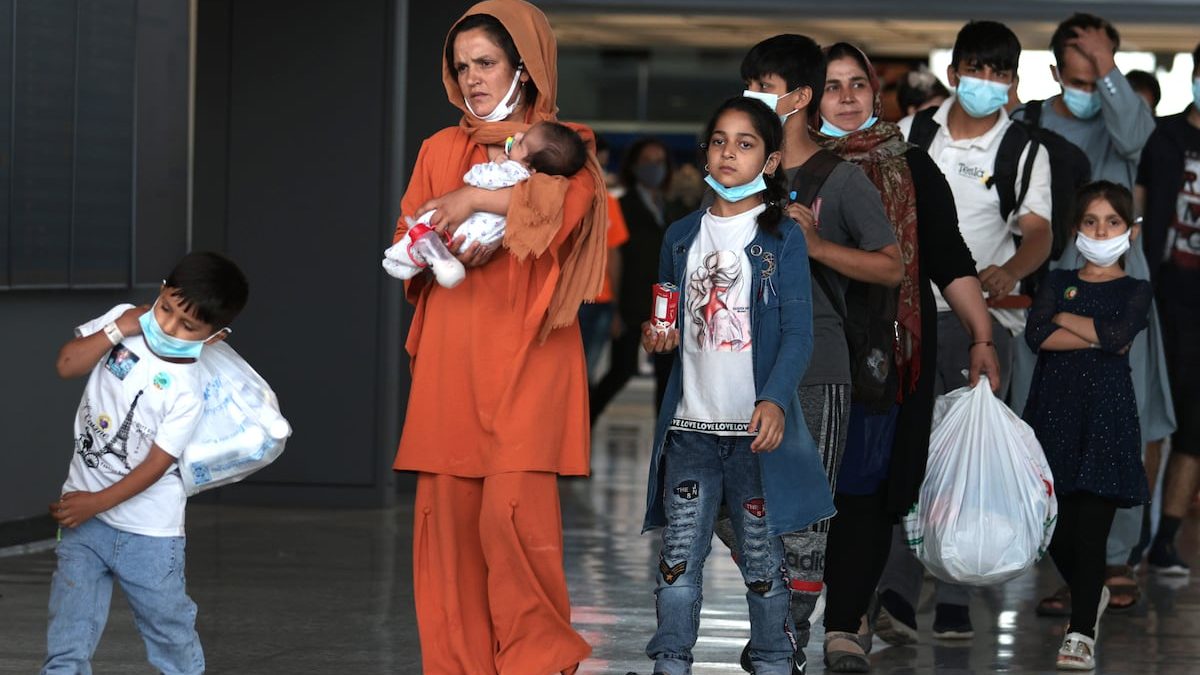President Donald Trump issued an executive order Wednesday blocking Afghan nationals from entering the U.S., another blow to Afghan allies seeking refuge in a country that has provided fewer and fewer pathways for their safety.
The order, which goes into effect June 9, will fully suspend immigrant and nonimmigrant visas for 12 locations the current administration said uses deficient vetting processes that jeopardize U.S. national security.
“The Taliban, a Specially Designated Global Terrorist (SDGT) group, controls Afghanistan,” the order read. “Afghanistan lacks a competent or cooperative central authority for issuing passports or civil documents and it does not have appropriate screening and vetting measures.”
The order also cited an Afghanistan business and tourist visa overstay rate of 9.7%, and a student, vocational and exchange visitor visa overstay rate of 29.3% as reasons for the ban.
Afghan allies who helped the U.S. military during the Afghanistan War, as well as relatives of U.S. service members, are currently stranded in Afghanistan and fear for their lives due to Taliban retaliation, Military Times previously reported.
Shawn VanDiver, CEO of the Afghan relocation advocacy group AfghanEvac, slammed the presidential directive in a publicly released statement.
RELATED
“The Trump administration’s latest Executive Order may claim to be about national security — but make no mistake: this is a political stunt disguised as policy,” he said. “It reinstates a sweeping ban on entry for Afghan nationals and others, while quietly dismantling the very systems that have kept our country safe.”
Afghans who hold special immigrant visas are exempt from the ban, the order stated.
VanDiver said the exception was “really good news,” but at the same time, the recently announced termination of Operation Enduring Welcome and the Coordinator for Afghan Relocation Efforts office — the program and facilitator of Afghan relocation efforts — muddied that relief.
“The headline, ‘Travel ban includes exemption for SIVs,’ is the smoke,” VanDiver told Military Times over the phone. “The fire is, ‘Oh, by the way, we dismantled all the things that allow you to process, that allow you to relocate.’”
VanDiver said he was concerned the closure of those resettlement mechanisms, which would affect nearly 300,000 Afghan nationals, would make it so that only SIV holders with wealth or connections would find their way to the U.S.
“That’s not who we are as America,” he said.
Other exemptions include green card holders, foreign nationals with valid nonimmigrant visas and unique classifications listed in the executive order, athletes traveling for the World Cup or other State Department-approved sporting events, immediate family immigrant visas with clear evidence of identity and family relationship, adoptions, U.S. government employees with an SIV and immigrant visas for ethnic and religious minorities facing persecution in Iran.
Afghan refugees who fall within the purview of the United States Refugee Admissions Program were not exempt.
Trump signed an executive order suspending USRAP on Jan. 20.
Riley Ceder is a reporter at Military Times, where he covers breaking news, criminal justice, investigations, and cyber. He previously worked as an investigative practicum student at The Washington Post, where he contributed to the Abused by the Badge investigation.
Read the full article here


